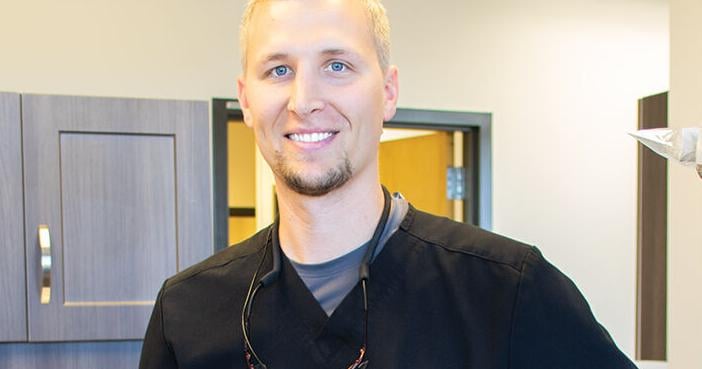
“I’d rather get a root canal than …” is a common expression to show how much someone wants to avoid something, comparing a dental visit to the worst thing imaginable. While many people who share that sentiment put off routine checkups, preventative visits can help prevent pain, extensive procedures and hefty related costs.
“Prevention is important in dentistry,” says David Scheuerman, D.D.S., dental director at Morton Comprehensive Health Services. “A small filling is much less expensive than a root canal.”
He explains regular cleanings prevent bacteria buildup that causes tartar and can lead to loss of bone around the teeth and tooth loss. “It’s important to identify the problems early before they become more severe, requiring more dental work,” Scheuerman says.
Experts describe oral health as a window into one’s overall health. Oral diseases can have systemic manifestations and vice versa, Scheuerman explains. Plaque bacteria that causes inflammation in the mouth also can cause inflammation in the heart. Gum disease and tooth decay can make it harder to regulate blood sugar in diabetics, and, relatedly, diabetes increases one’s risk of developing gum disease and cavities.
“There has been some research linking gum disease to Alzheimer’s disease,” Scheuerman adds, referencing a recent analysis led by National Institute on Aging suggesting the bacteria associated with periodontal disease are also associated with the development of Alzheimer’s disease and related dementias, especially vascular dementia.
Systemic diseases that result in oral manifestations include anemia, which causes very light-colored gums, and GERD (gastroesophageal reflux disease), which can cause acid erosion, leading to premature wear and sometimes significant sensitivity.
Other factors and habits can contribute to dental decline as well. Grinding can lead to severe wear, cracks and tooth fractures, and poor oral hygiene habits can lead to bone loss around the teeth and eventual loss of teeth if the poor habits continue. And simply using a medium or hard toothbrush can cause toothbrush abrasion.
Food and medication-related issues are another concern. High sugar intake can lead to tooth decay, and diets that cause heartburn can lead to acid erosion of the teeth. Dry mouth from medications can cause tooth decay to develop more quickly.
While an array of issues can affect the health of one’s teeth, the way to alleviate concern is clear: “By seeing a dentist regularly, these changes can be seen and addressed early,” Scheuerman says. “Prevention, prevention, prevention!”
